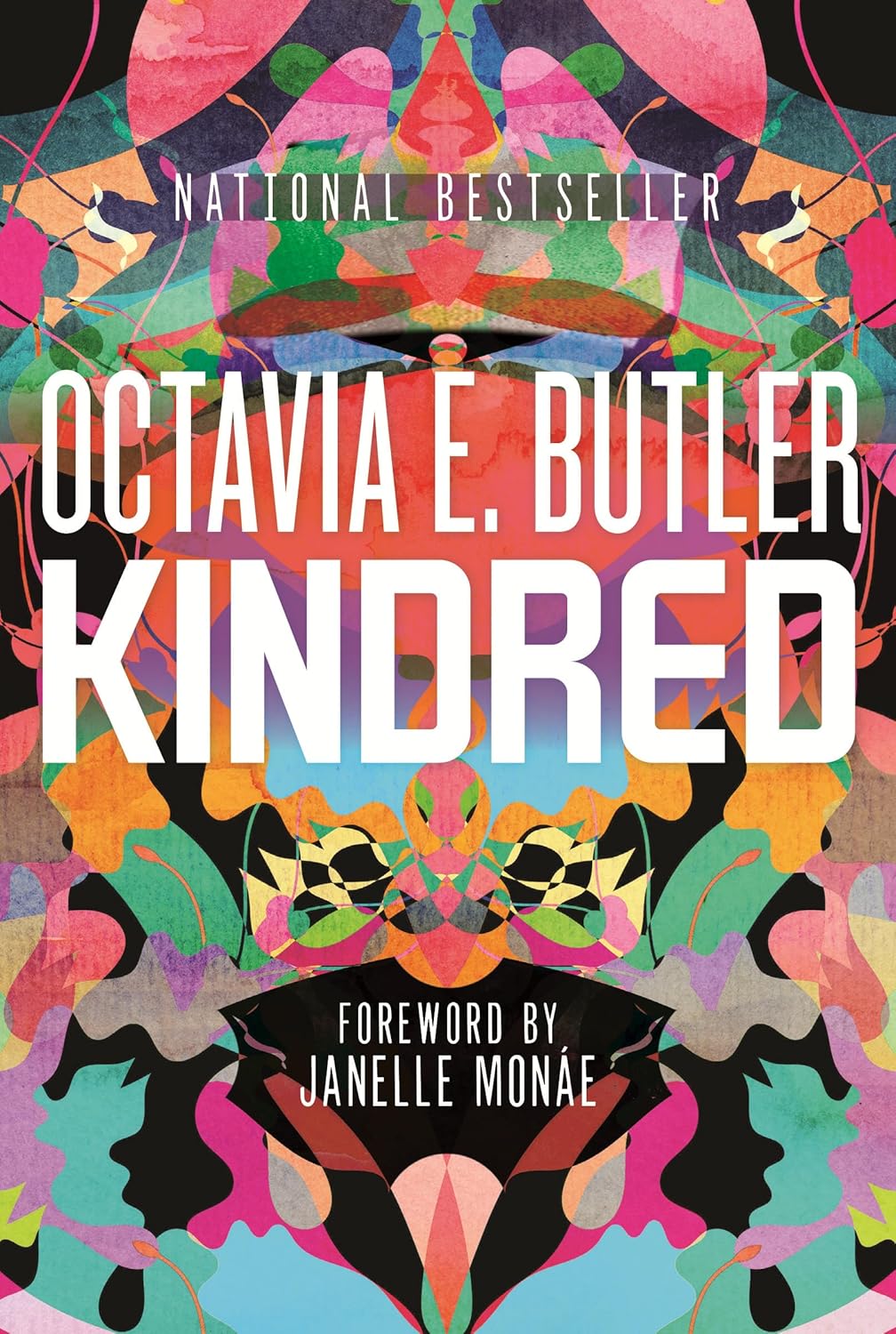Kurt reviewed Kindred by Octavia E. Butler
None
5 stars
Important book which takes you on a wild journey on a plantation. Great reminder that knowing something and feeling it are two very different things.

304 pages
English language
Published March 12, 2018 by Headline Publishing Group.
Dana, a modern black woman, is celebrating her twenty-sixth birthday with her new husband when she is snatched abruptly from her home in California and transported to the antebellum South. Rufus, the white son of a plantation owner, is drowning, and Dana has been summoned to save him. Dana is drawn back repeatedly through time to the slave quarters, and each time the stay grows longer, more arduous, and more dangerous until it is uncertain whether or not Dana’s life will end, long before it has a chance to begin.
Important book which takes you on a wild journey on a plantation. Great reminder that knowing something and feeling it are two very different things.
Incredibly written for a book. It is amazing to think it was written in the 1970s. The story is just captivating, characters so realistic, and the time travel elements very well done. I learned about slavery growing up but never in this way and in so much detail. Dana describes it well when she witnessed the past vs watching it in media, or reading about it in a history textbook. While the story is fictionalized the events described are very real and you find how insidious slavery was and how it not only became normalized in the 1800s. It did not shy away from black bodies being a human currency and the words and treatment alike slaves and "freed slaves" were subjected to. No one is safe. It is a systemic issue that still exists today and while we have made great strides, the effects have still rippled through time. …
Incredibly written for a book. It is amazing to think it was written in the 1970s. The story is just captivating, characters so realistic, and the time travel elements very well done. I learned about slavery growing up but never in this way and in so much detail. Dana describes it well when she witnessed the past vs watching it in media, or reading about it in a history textbook. While the story is fictionalized the events described are very real and you find how insidious slavery was and how it not only became normalized in the 1800s. It did not shy away from black bodies being a human currency and the words and treatment alike slaves and "freed slaves" were subjected to. No one is safe. It is a systemic issue that still exists today and while we have made great strides, the effects have still rippled through time. Very powerful book and well worth the read. Looking forward to later reading more of Octavia Butler's books! Just amazing writing.
Content warning Minor plot information
Octavia E Butler published Kindred in 1978, but started writing it a couple of years earlier. So it's coming up for its 50th anniversary, but it honestly doesn't feel like it.
By using the device of (inadvertent) time travel to send an intelligent, educated middle-class 20th century Black American woman into the Southern USA before the Civil War, Butler tries to bring the horrors and cruelties of slavery to the attention of readers who might not otherwise go near a history book.
Obviously everyone knows that slavery was terrible, but the book really focuses your mind on how arbitrary decisions made by a slave owner, almost on a whim, could rip families apart and result in brutal punishment for minor offences or even none at all.
Rather than being a more Hollywood-esque "triumph of good over evil" story, it actually shows the main character becoming more and more accepting of her fate as time goes on, as she realises that any attempt to beat the system is futile. But at the same time, by bringing her 20th-century sensibilities to people who might at times be cruel but are (for the most part) not intentionally sadistic, Dana also manages to slightly improve her lot as well as those of the other enslaved people in the household.
I'd definitely recommend the book. The prose is easy to read but never superficial, and the plot moves along at a fair old pace. My only real criticism is that there is no satisfactory explanation for why the two main characters' lives suddenly become intertwined across 150 years of separation. It's really just a plot device to bring in the main story and as such, although this is often classed as a science fiction novel, I don't think it really fits into that category.
What a book. I was drawn in by the horrifying scenario that Dana found herself trapped in, but the examination of how slavery was so normalized, and how evil the institution of chattel slavery was.
I happened to have been in the middle of this book when a conspiracy theorist, racist member of my extended family brought up how whites are unfairly blamed for slavery. It made me realize that while the practice of owning people as slaves is gone, the same anti-black philosophy is still thriving among white men.
The idea that my family member or his ilk would tacitly endorse the return of slavery is slim, but, in finding themselves in Kevin's shoes might think similarly that "Hey, this isn't as bad as I thought it would be..."